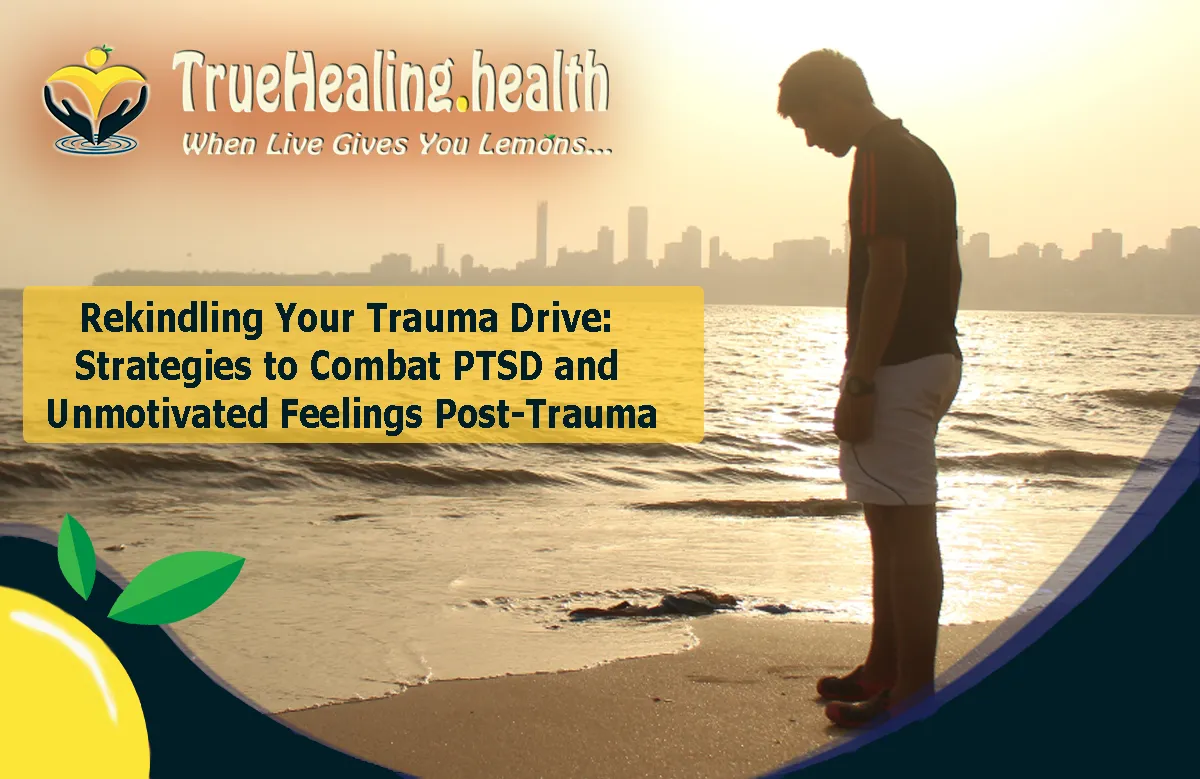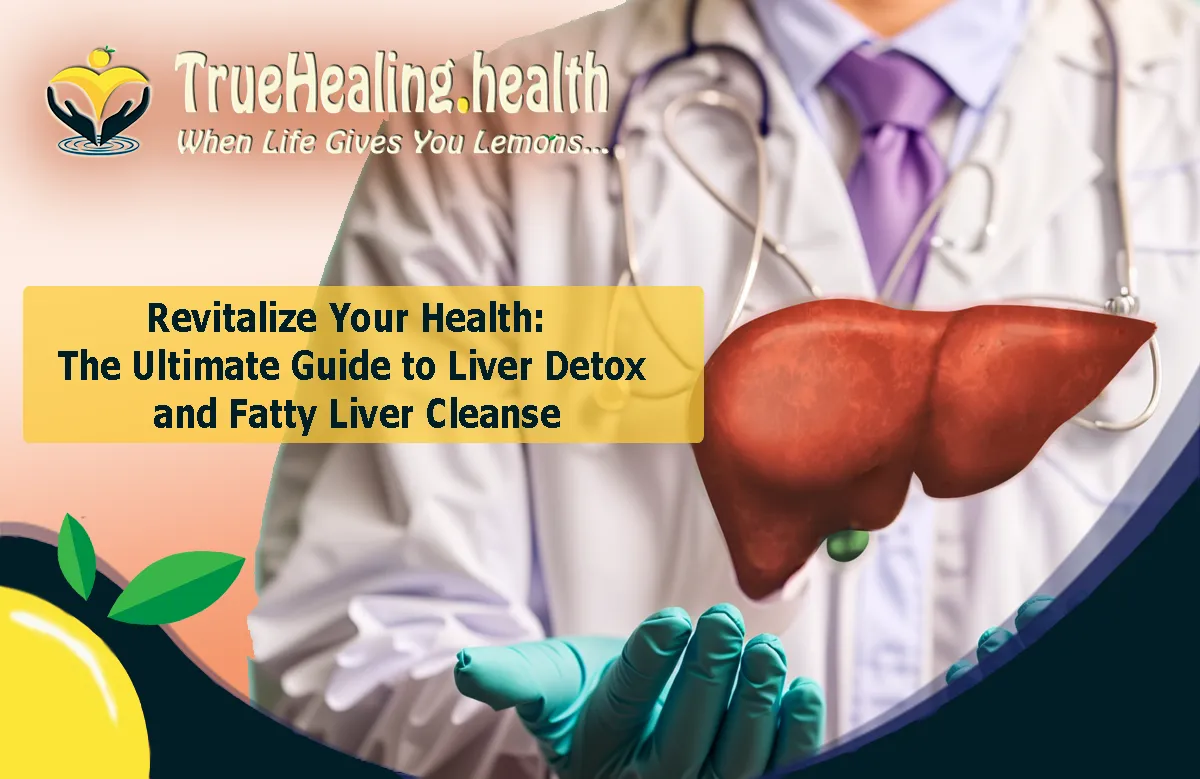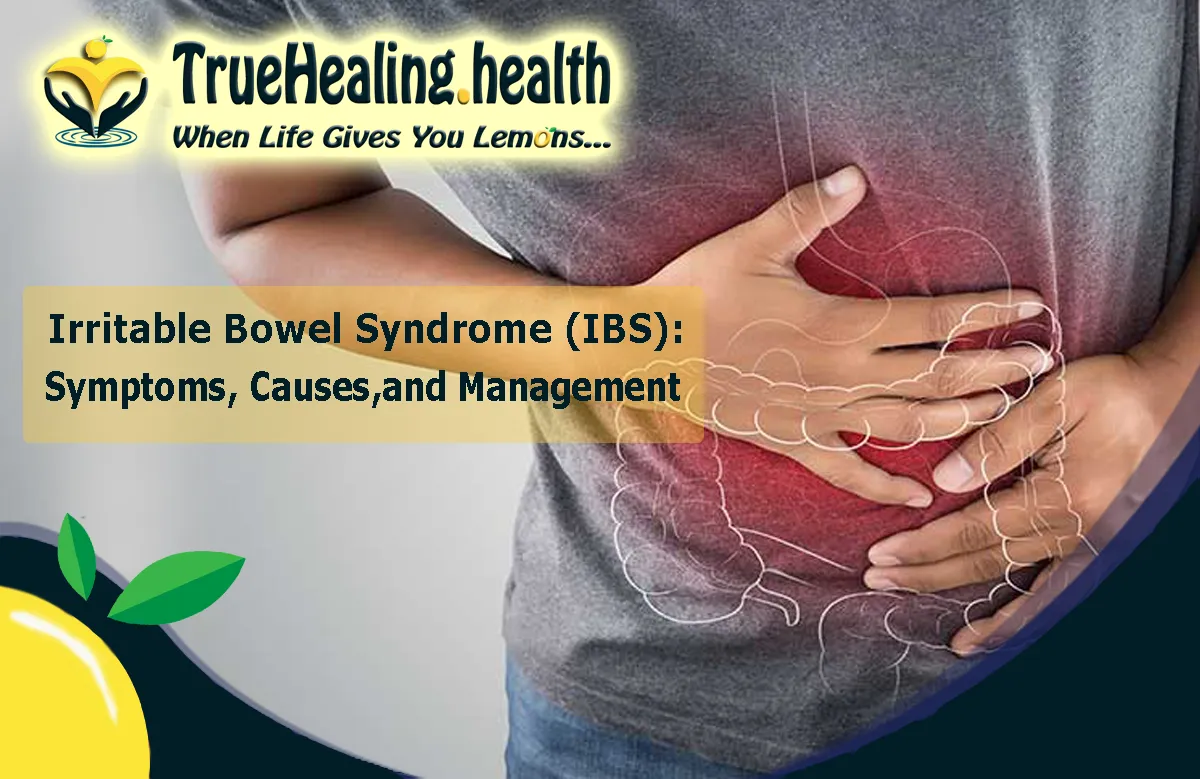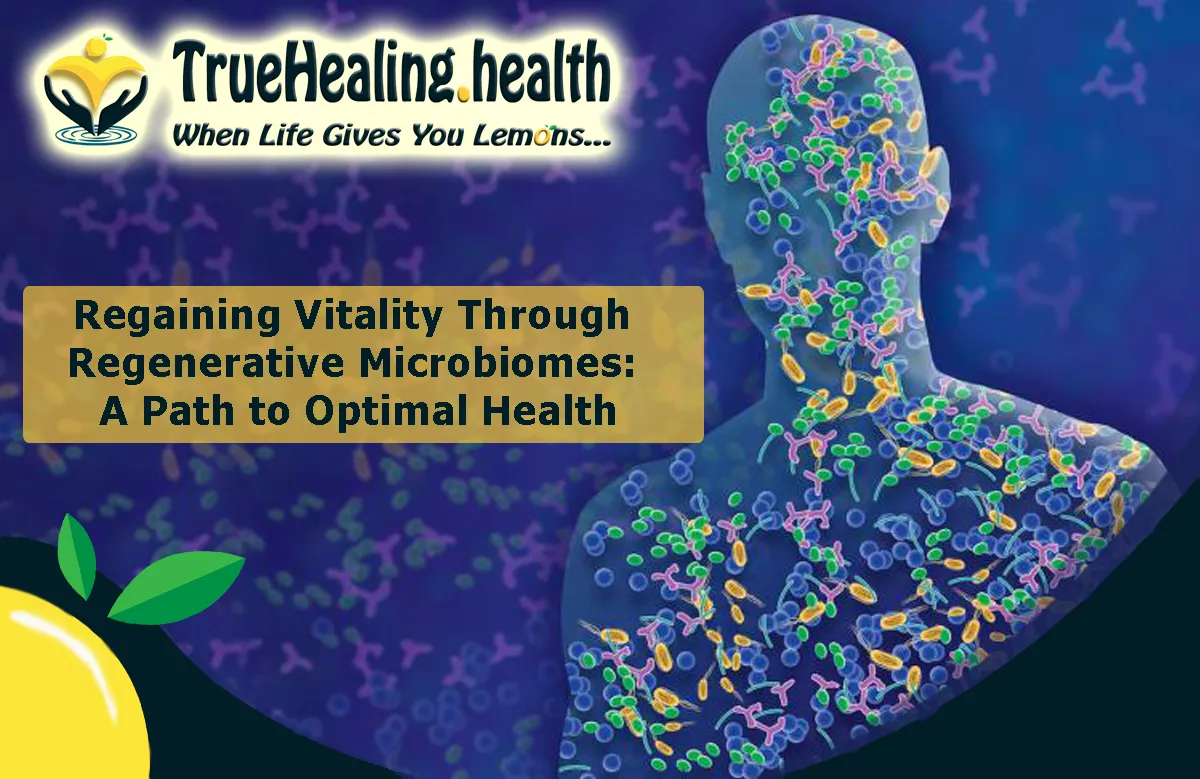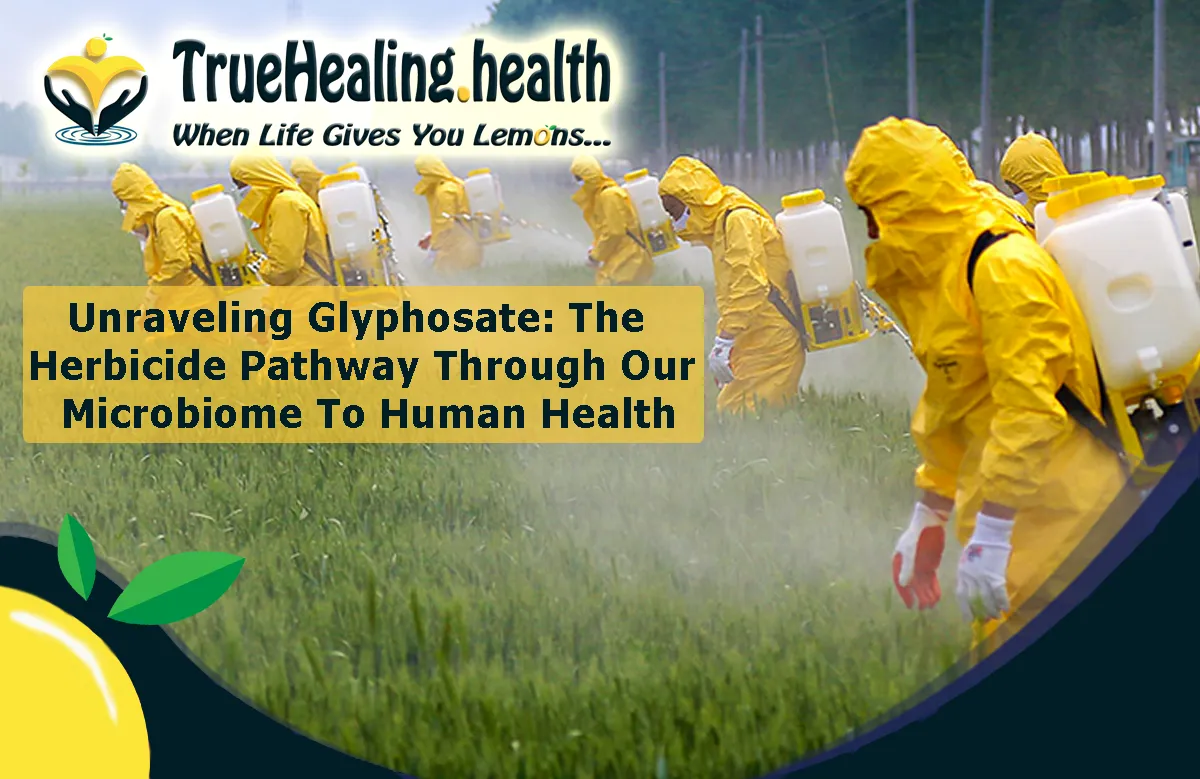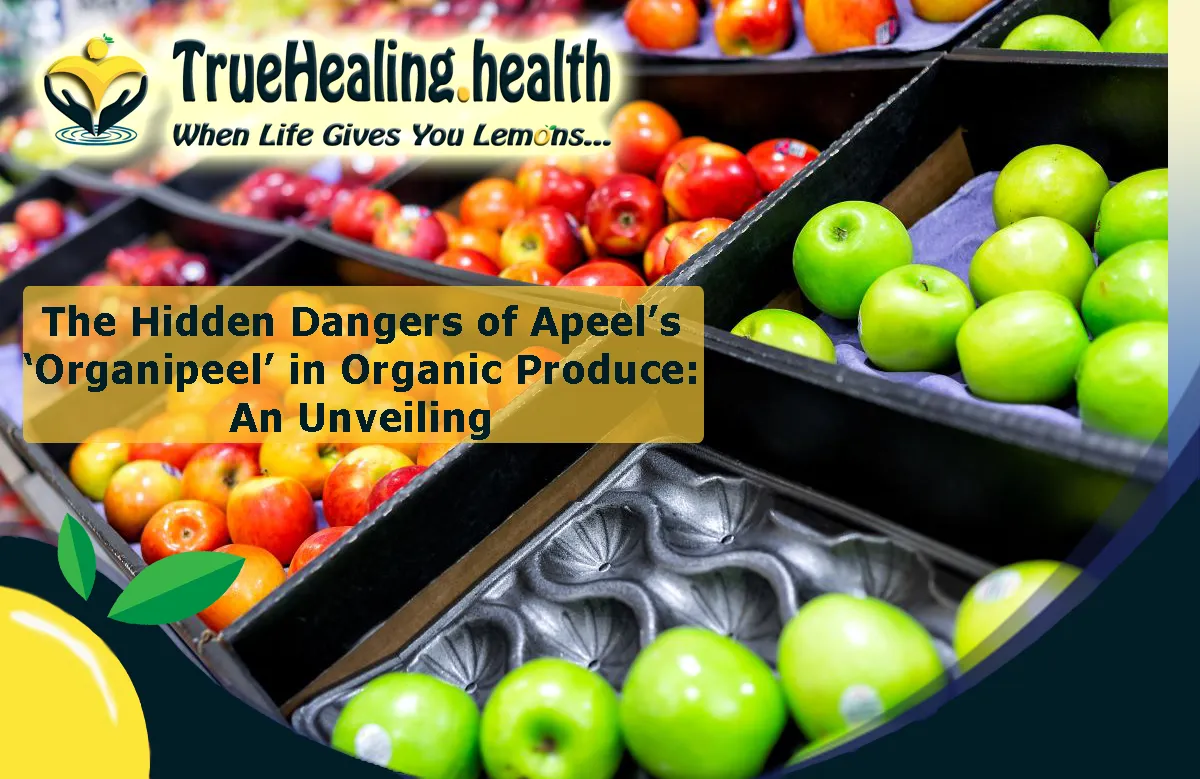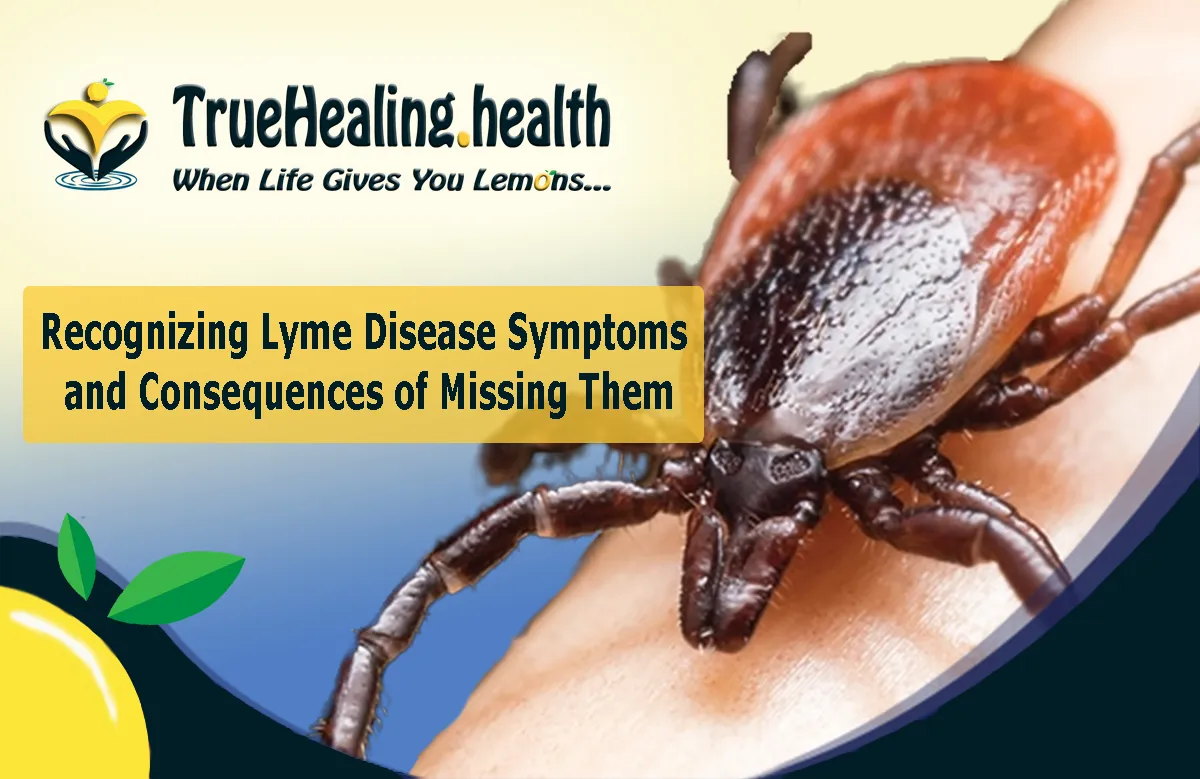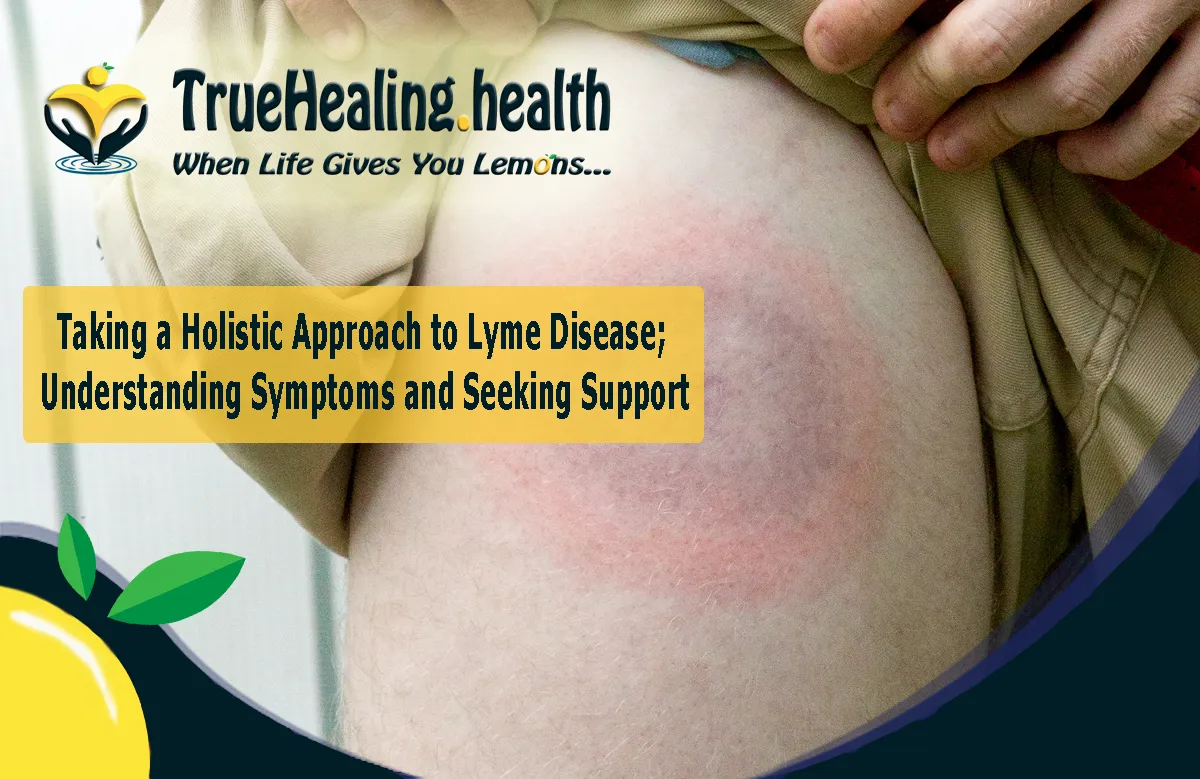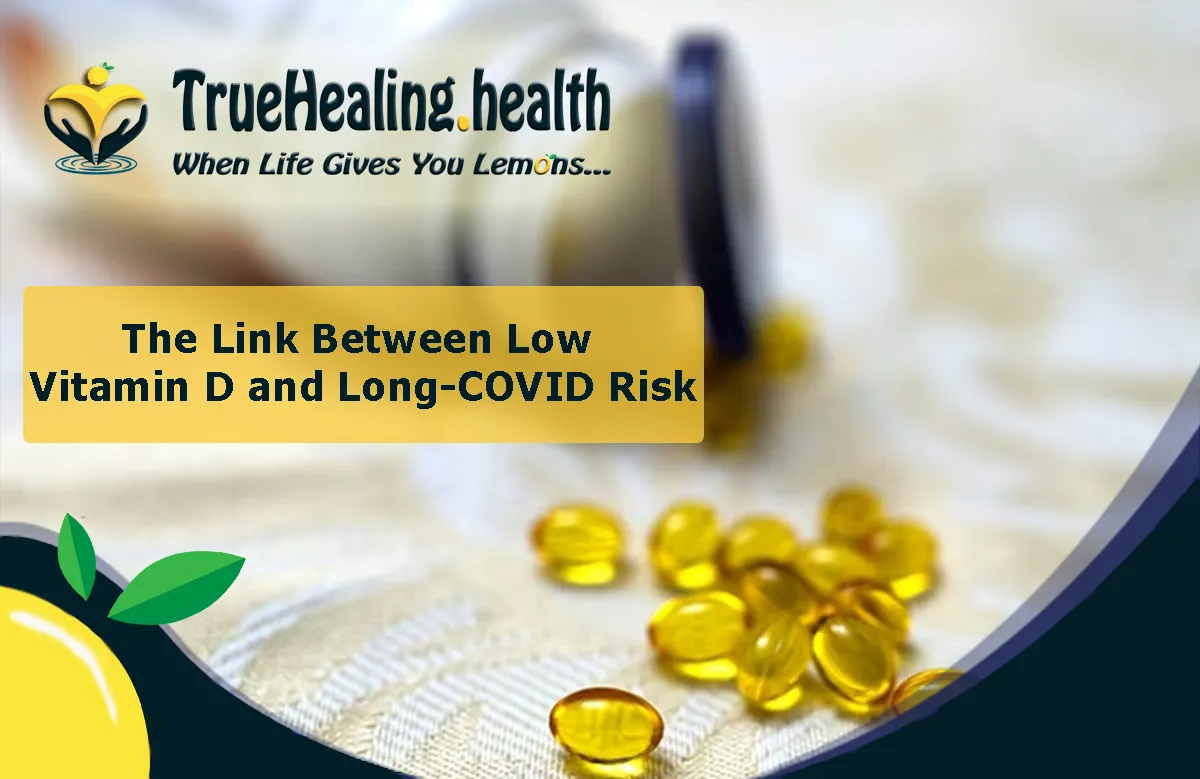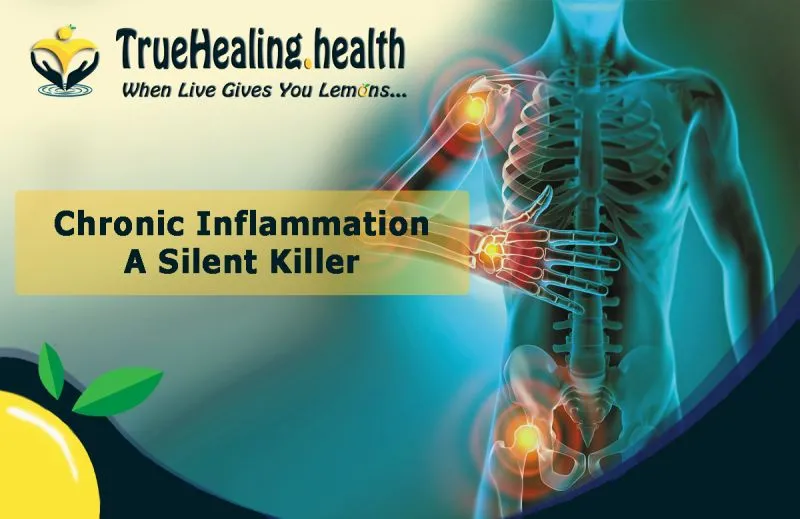The Measles Outbreak and Vaccine Controversy
The resurgence of measles, once thought to be nearly eradicated in the United States, presents an urgent public health challenge. In 2015, California faced its worst measles outbreak in 15 years, with Disneyland at the epicenter. This alarming development has reignited the debate over vaccine safety, the role of the anti-vaccination movement, and the measures needed to safeguard community health.
Content List:
- Introduction to the Measles Outbreak
- Understanding Measles and the MMR Vaccine
- Tracing the Source of the Outbreak
- The Role of the Anti-Vaccination Movement
- California's Legislative Response to the Outbreak
- The Controversy Surrounding Vaccine Safety
- The Impact of Vaccination Myths on Public Health
- CDC Whistleblower and Vaccine Research Integrity
- Media Coverage and Public Perception
- Moving Forward: Public Health Policy and Community Safety
- Conclusion: Key Takeaways and Preventative Measures
Introduction to the Measles Outbreak
In recent years, the U.S. public has witnessed a striking return of the measles virus. The California outbreak, traced back to Disneyland, has brought the conversation about infectious diseases and vaccines back into the national spotlight.
Understanding Measles and the MMR Vaccine
Measles is a highly contagious disease, but preventable with the MMR vaccine. Despite the success in reducing measles cases worldwide, skepticism towards vaccination has led to lower immunization rates and contributed to the disease's comeback.
Tracing the Source of the Outbreak
The outbreak was linked to an individual who, having caught measles abroad, visited Disneyland. This case emphasizes the global nature of infectious diseases and the need for widespread immunization.
The Role of the Anti-Vaccination Movement
The anti-vaccination movement's spread of misinformation, including the debunked claim that vaccines cause autism, has led to hesitancy and refusal to vaccinate, thus undermining herd immunity.
California's Legislative Response to the Outbreak
In response to the outbreak, California passed legislation to eliminate personal belief exemptions for vaccination, strengthening the requirements for childhood immunizations.
The Controversy Surrounding Vaccine Safety
Amidst the outbreak, long-standing fears about vaccine safety resurfaced. However, extensive research and scientific consensus continue to support the safety and efficacy of vaccines.
The Impact of Vaccination Myths on Public Health
The spread of vaccination myths has real consequences. The fraudulent British study linking vaccines to autism, although thoroughly discredited, has had a lasting impact on public perception and health.
CDC Whistleblower and Vaccine Research Integrity
Allegations from a purported CDC whistleblower regarding the manipulation of vaccine safety data have added fuel to the controversy. However, these claims require further careful examination and context.
Media Coverage and Public Perception
The media's portrayal of the measles outbreak and vaccine safety has been mixed, with some sources providing balanced reporting and others amplifying unfounded fears.
Moving Forward: Public Health Policy and Community Safety
The future of public health depends on evidence-based policies, community engagement, and maintaining high vaccination rates to prevent the spread of diseases like measles.
Conclusion and Preventative Measures
The recent measles outbreak serves as a reminder of the importance of vaccinations in protecting public health. It is crucial for individuals to make informed decisions based on science and for communities to take collective action to prevent such outbreaks. As we move forward, the lessons learned from this incident can guide us in creating a healthier future for all.
In grappling with the return of measles, we are reminded of the intricate balance between personal choice, public safety, and the shared responsibility to protect the most vulnerable among us. Through continued education, legislative action, and community effort, we can uphold the shield of immunity that safeguards our collective health.
10 Key Points to Remember:
- The Resurgence of Measles: Understand how declining vaccination rates contributed to the largest measles outbreak in 15 years in California, rooted in Disneyland.
- MMR Vaccine Explained: Learn the basics of the Measles, Mumps, and Rubella (MMR) vaccine and why it’s a cornerstone of childhood immunization schedules.
- Outbreak Origins: Gain insight into how the outbreak was traced back to an international traveler visiting Disneyland, highlighting the ease of disease transmission in unvaccinated populations.
- Anti-Vax Movement's Influence: Explore how the anti-vaccination movement's skepticism and misinformation about vaccines have impacted immunization rates.
- Legislative Measures: Discover how California responded with legislative measures to increase vaccination rates by removing personal belief exemptions.
- Safety Concerns Debunked: Delve into the claims linking vaccines to autism and how scientific studies refute these claims, reinforcing vaccine safety.
- Myths vs. Facts: Consider the consequences of vaccine myths, such as the fraudulent British study that proposed a link between vaccines and autism.
- Whistleblower Allegations: Investigate the serious allegations made by a CDC whistleblower about the suppression and manipulation of vaccine safety data.
- Media's Role: Discuss the media’s coverage of the outbreak and vaccination safety, including the challenges of reporting on controversial health topics.
- Policy and Prevention: Ponder the steps forward in terms of public health policy, community safety, and the importance of maintaining high vaccination rates for disease prevention.



